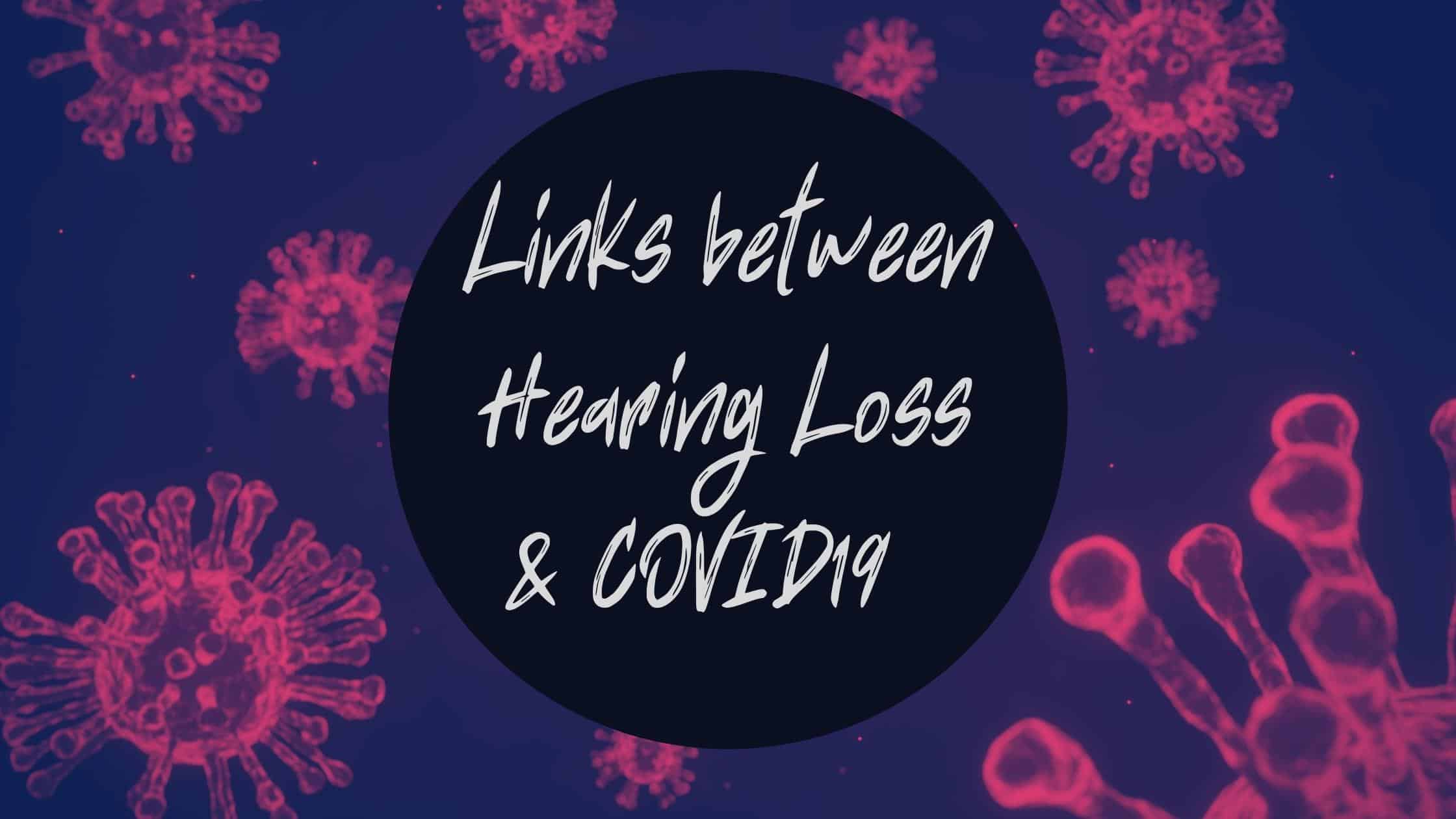As more of us get vaccinated, many of us are looking forward to a time when the pandemic is over. However, the virus’s long-term effects will linger even after the epidemic has ended for some people.
After more than a year since the outbreak began, scientists are learning more about COVID-19’s long-term problems and impacts. Researchers discovered in a new study that those with more severe disease at the outset of their illness have a higher chance of long-term consequences such as heart and renal disease resulting from COVID-19. Another study discovered that persons infected with the virus had an increased risk of heart disease, diabetes, and kidney issues.
Now, there’s even evidence that COVID-19 affects our hearing health.
Sudden Hearing Loss and The Coronavirus
While we still don’t know everything there is to know about COVID-19, we do know that similar viral and bacterial illnesses have been linked to sudden hearing loss in the past. However, COVID-19 is far more contagious and has more severe symptoms than prior coronavirus strains, which did not affect hearing.
The Hearing Loss Association of America defines sudden sensorineural hearing loss (SSHL) as “an unexplained, fast loss of hearing—usually in one ear—either all at once or over many days.” According to an isolated report, a patient in Iran experienced sudden hearing loss in one ear after catching COVID-19 in June of 2020. Another rare report from Egypt described a patient who developed acute hearing loss with no other coronavirus symptoms and tested positive for the virus.
Tinnitus and Hearing Loss
Tinnitus (ringing in the ears) and hearing loss are frequently associated with inner ear damage.
Researchers have discovered cases of patients having hearing loss, tinnitus, or vertigo after they had recovered from the coronavirus infection. These symptoms usually appear weeks after COVID-19 has been cleared. According to an article this year on COVID-19, 7.6% of COVID survivors had hearing loss, 14.8 percent have tinnitus, and 7.2 percent have vertigo. More research is needed to properly comprehend the level of inner ear damage that is producing these symptoms.
Covid-19 and Auditory Damage Case Studies
While an extensive investigation on COVID’s influence on the auditory system has yet to be undertaken, a survey from the United Kingdom indicated that roughly one out of every ten coronavirus patients self-reported hearing loss or tinnitus eight weeks after infection.
While this is concerning, these symptoms could be caused by various circumstances, including a reaction to potentially ototoxic drugs. Ototoxic drugs include quinine, chloroquine, and hydroxychloroquine, which are used to treat the Coronavirus. This means that they can harm the inner ear, resulting in hearing loss, tinnitus, and dizziness. “High-quality studies are needed to evaluate the acute effects of COVID-19, as well as to identify long-term dangers, on the audio-vestibular system,” the scientists said.
Another study from Israel looked at 16 patients, half of whom were positive for Asymptomatic COVID-19 while the other half were negative. The researchers assessed auditory function using otoacoustic emissions (OAE) and auditory brainstem response (ABR) measurements and found no differences between the two groups regarding auditory nerve effects. The researchers intend to do a much larger study to get additional information on this topic. “These antiviral drugs have recognized adverse effects, such as tinnitus and hearing loss, and the symptoms may be mistaken as being caused by COVID-19,” according to the study.
More Recent Findings
As we try to comprehend all of the virus’s effects, we learn something new each time. For example, while the first findings were not widely connected, more research has discovered that hearing loss may be a sign of a COVID-19 infection.
While we are learning more about how this virus affects our hearing, it is critical to be attentive and aware if you notice a sudden change in your hearing and take action. Take these signs and symptoms carefully and consult a doctor as soon as possible.
Our team can assist you if you’ve noticed changes in your hearing. Make an appointment with us today!

